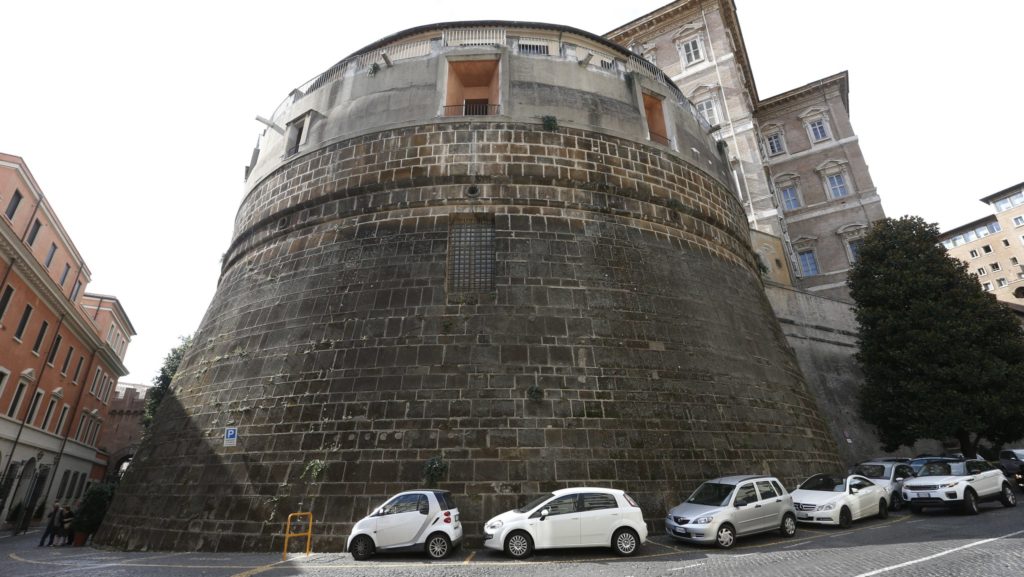The Vatican’s financial authority reported a significant drop in suspicious activity reports in 2024, attributing the decline to “progressive refinement” in the selection process rather than diminished vigilance, according to its annual report published Wednesday.
The Supervisory and Financial Information Authority (ASIF), the Vatican’s financial watchdog, received 79 suspicious activity reports in 2024, compared with 123 in 2023, representing a roughly 36% decrease.
“In this context, a numerical reduction is a piece of positive news as it represents an increase in quality and not a reduction in attention by reporting entities,” states the report released on April 9.
Despite fewer reports, ASIF transmitted 11 reports to the Office of the Promoter of Justice (the Vatican’s prosecutor) in 2024 — the same number as in 2023 — suggesting greater precision in identifying potentially criminal financial activity.
“This is evidenced by the quality of the relations and the various forms of cooperation with domestic and international authorities as well as the good results achieved by the IOR [Institute for Works of Religion],” wrote Carmelo Barbagallo, ASIF president, in the report’s introduction.
The report details that of the 79 suspicious activity reports received, 73 came from the Vatican’s bank, the Institute for Works of Religion, with 36 of these connected to high-risk jurisdictions. Various Holy See and Vatican City State authorities submitted the remaining six reports.
ASIF also noted an increase in preventive measures during 2024, including two suspensions of transactions totaling 817,280 euros (about $900,000) and two blocks of accounts at the IOR.
The financial watchdog highlighted positive developments in international cooperation, with 32 outgoing requests for information or spontaneous communications to foreign counterparts in 2024, up from 22 in 2023. ASIF also received 13 such communications from foreign financial intelligence units, compared with 10 in the previous year.
Particularly noteworthy was the outcome of the follow-up evaluation by Moneyval, the Council of Europe’s anti-money laundering watchdog.
The body assessed the Holy See’s progress in addressing deficiencies identified in the April 2021 Mutual Evaluation Report.
“The Moneyval committee recognized that significant progress had been achieved and expressed a positive assessment in relation to the three recommendations,” the report states. These recommendations concerned correspondent banking, wire transfers, and transparency of legal persons.
“As a result of these findings, the next technical compliance evaluation is scheduled in four years.”
The IOR “confirms as a solid and well-organized entity,” according to the report, based on ASIF’s “constant and systematic activity of verification” of profiles relevant to the “sound, prudent, and sustainable management” of the institute.
The report also details significant leadership changes at ASIF, with Federico Antellini Russo appointed as director with the function of vice president in November 2024, replacing Giuseppe Schlitzer, whose five-year term concluded on March 31.
In his final introduction as director, Schlitzer expressed gratitude to Pope Francis and Cardinal Pietro Parolin, Vatican secretary of state, “for the opportunity granted to me to serve the Holy See in such a prestigious position” and extended thanks to Barbagallo and all ASIF staff.

